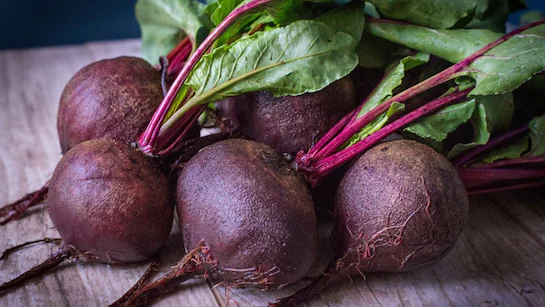PLANT AHEAD.
”PLANT AHEAD”
Whole grain breads, brown rice, potatoes, corn, beans ,vegetables. This should be the center of your diet. These are your true energy sources. The overweight person will shy away from these. They think it is ‘”Fat Causing”. The truth is anything in excess will make you fat.
Carbohydrates are not your enemy, ignorance and inactivity are.
Not all carbohydrates are the same. You want complex carbohydrates like vegetables, unprocessed oats, lentils, beans ,soya, whole grains. These are filling and allow for a slower release of energy into the bloodstream.
Simple sugars like candy, soft drinks, table sugar, are empty ,without any vitamins and minerals to metabolize itself and are extremely concentrated. They rob the body and have no filling fiber. In no time they make you fat.
The body stores carbohydrates in the form of glycogen in the muscles and liver and converts it back to glucose when the body needs to do work. The high fiber content of complex carbs causes you to feel full quickly. It slows sugar absorption and curbs your appetite.
They carry their own natural selection of vitamins and minerals. Heart problems strangely seem to be linked to high refined sugar intake by raising the triglycerides in the blood. These cause clots due to platelet clumping.
A sweet candy, chocolate or honey treat once in a while is ok especially as a marker to end a meal, but about 65 to 70% of your diet is to made up of complex carbohydrates.
This feature from HARVARD T.H. CHAN SCHOOL OF PUBLIC HEALTH, gives an excellent insight to Carbohydrates. The link is as follows:
Carbohydrates
Carbohydrates

Carbohydrates: quality matters
What’s most important is the type of carbohydrate you choose to eat because some sources are healthier than others. The amount of carbohydrate in the diet – high or low – is less important than the type of carbohydrate in the diet. For example, healthy, whole grains such as whole wheat bread, rye, barley and quinoa are better choices than highly refined white bread or French fries. (1)
Many people are confused about carbohydrates, but keep in mind that it’s more important to eat carbohydrates from healthy foods than to follow a strict diet limiting or counting the number of grams of carbohydrates consumed.
What are carbohydrates?
Carbohydrates are found in a wide array of both healthy and unhealthy foods—bread, beans, milk, popcorn, potatoes, cookies, spaghetti, soft drinks, corn, and cherry pie. They also come in a variety of forms. The most common and abundant forms are sugars, fibers, and starches.
Foods high in carbohydrates are an important part of a healthy diet. Carbohydrates provide the body with glucose, which is converted to energy used to support bodily functions and physical activity. But carbohydrate quality is important; some types of carbohydrate-rich foods are better than others:
- The healthiest sources of carbohydrates—unprocessed or minimally processed whole grains, vegetables, fruits and beans—promote good health by delivering vitamins, minerals, fiber, and a host of important phytonutrients.
- Unhealthier sources of carbohydrates include white bread, pastries, sodas, and other highly processed or refined foods. These items contain easily digested carbohydrates that may contribute to weight gain, interfere with weight loss, and promote diabetes and heart disease.
The Healthy Eating Plate recommends filling most of your plate with healthy carbohydrates – with vegetables (except potatoes) and fruits taking up about half of your plate, and whole grains filling up about one fourth of your plate.
Try these tips for adding healthy carbohydrates to your diet:
1. Start the day with whole grains.
Try a hot cereal, like steel cut or old fashioned oats (not instant oatmeal), or a cold cereal that lists a whole grain first on the ingredient list and is low in sugar. A good rule of thumb: Choose a cereal that has at least 4 grams of fiber and less than 8 grams of sugar per serving.
2. Use whole grain breads for lunch or snacks.
Confused about how to find a whole-grain bread? Look for bread that lists as the first ingredient whole wheat, whole rye, or some other whole grain —and even better, one that is made with only whole grains, such as 100 percent whole wheat bread.
3. Also look beyond the bread aisle.
Whole wheat bread is often made with finely ground flour, and bread products are often high in sodium. Instead of bread, try a whole grain in salad form such as brown rice or quinoa.
4. Choose whole fruit instead of juice.
An orange has two times as much fiber and half as much sugar as a 12-ounce glass of orange juice.
5. Pass on potatoes, and instead bring on the beans.
Rather than fill up on potatoes – which have been found to promote weight gain – choose beans for an excellent source of slowly digested carbohydrates. Beans and other legumes such as chickpeas also provide a healthy dose of protein.
References
1. Mozaffarian D, Hao T, Rimm EB, Willett WC, Hu FB. Changes in diet and lifestyle and long-term weight gain in women and men. N Engl J Med. 2011;364:2392-404.




